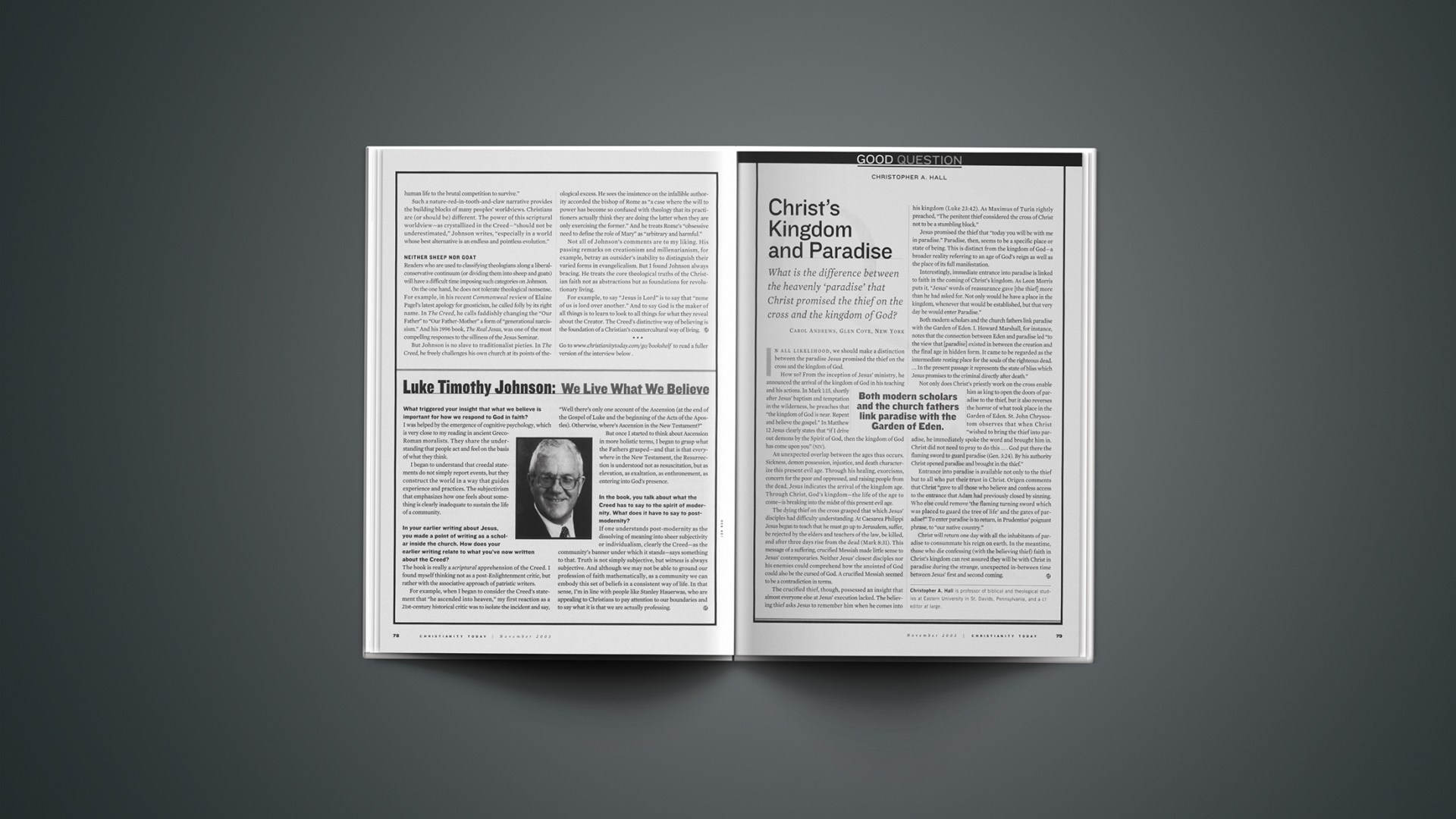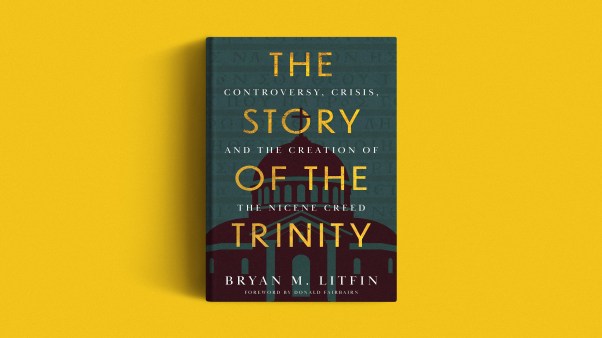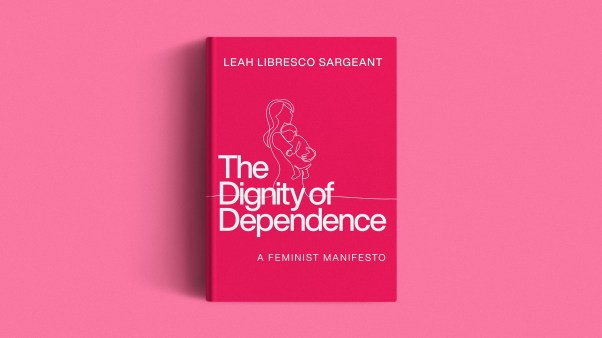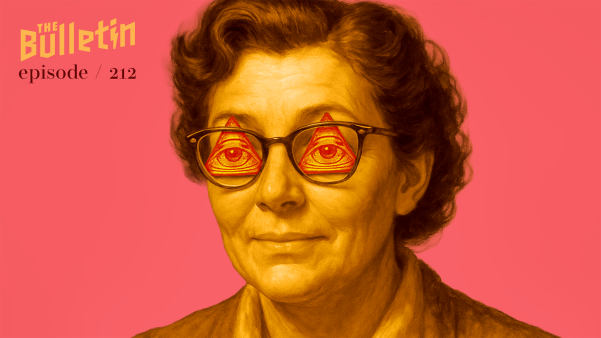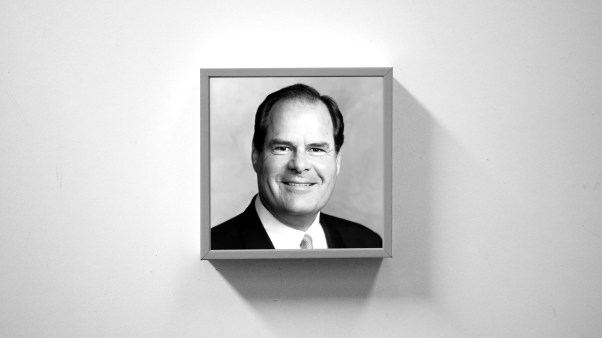What triggered your insight that what we believe is important for how we respond to God in faith?
I was helped by the emergence of cognitive psychology, which is very close to my reading in ancient Greco-Roman moralists. They share the understanding that people act and feel on the basis of what they think.
I began to understand that creedal statements do not simply report events, but they construct the world in a way that guides experience and practices. The subjectivism that emphasizes how one feels about something is clearly inadequate to sustain the life of a community.
To illustrate that, I recently heard an Episcopal bishop explain that theology played no part in his support for the sexuality decisions of the Episcopal General Convention. It was just his pastoral experience.
He is to be faulted on one important point, which is that pastoral experience itself has to be constructed theologically. If one has an understanding, for example, of pastoral experience as discerning what God is doing in the world and this is understood theologically as ongoing revelation, well then there’s some support for saying that people’s experience might count as a source of revelation. But it is precisely the failure to even apprehend that sort of thing and to think theologically, which is connected to the lack of spine in contemporary theological thinking.
In your earlier writing about Jesus, you made a point of writing as a scholar inside the church. How does your earlier writing relate to what you’ve now written about the Creed?
In two ways. First, I wrote a book last year with Bill Kurz called The Future of Catholic Biblical Scholarship. I devoted three chapters to how the vast majority of people in Christian History read Scripture in contrast to the last 300 years. I began to understand more deeply the very different way in which our fathers in the faith read Scripture.
That book prepared for this one because this book is really a scriptural apprehension of the Creed. I found myself thinking not as a post-Enlightenment critic, but rather with the associative approach of patristic writers.
For example, when I began to consider the Creed’s statement that “he ascended into heaven,” my first reaction as a 21st-century historical critic was to isolate the incident and say, “Well there’s only one account of the Ascension (at the end of the Gospel of Luke and the beginning of the Acts of the Apostles). Otherwise, where’s Ascension in the New Testament?”
But once I started to think about Ascension in more holistic terms, I began to grasp what the Fathers grasped—and that is that everywhere in the New Testament, the Resurrection is understood not as resuscitation, but as elevation, as exaltation, as enthronement, as entering into God’s presence.
Second, the Creed is a guide to reading the New Testament. It gets what is essential in the Christian story. And what is essential is its mythic dimension. It is rooted in historical events of the Crucifixion, the burial, the Resurrection, and the historical persons, Jesus, Mary, and Pontius Pilate. But at heart, the Christian claim is mythic, that is, that God was in Christ reconciling the world to God’s self. The creed’s understanding, in other words, is ontological and not historical.
Many readers will stumble over that word myth. I notice that you called all these events historical, but you turned to the word mythic as you began to discuss the question of meaning and God’s purposes.
Yes, exactly. When Christians speak mythically, they are not speaking fantasy or untruth. Rather, since God is not defined by the categories of space and time, whenever we make a statement about God and God’s involvement in humanity, we need a mode of language that goes beyond the historical. The historical only gives us the Reed Sea. It doesn’t give us the Exodus.
And so, when Paul writes in 2 Corinthians, “God was in Christ reconciling the world to God’s self,” every line in that statement goes beyond the historical. And yet, we attach that myth to a thoroughly historical person in set of circumstances and events.
What would you say to non-creedal Christians?
Non-confessional churches represent something important. Their protest against creeds is a recognition that creeds can be manipulative and can be instruments of power.
Nevertheless, the truth is that all communities have creeds, whether they articulate them or not.They have “fundamentals” of faith which guide the reading of Scripture. The problem is that if these are not articulated and are not subject to self-reflection and self-criticism, they can become even more tyrannical than creeds.
In addition, that non-creedal stance can diminish the sense of the importance of the community’s faith as a shared faith and the way in which the church stands for something. You end up with a sense that all we are is a club of individualists rather than people who are genuinely galvanized by a vision of the world.
What is your message to confessional Protestants?
I suggest to the people who are confessional that the early creeds like the Apostles’ Creed or the Nicene-Constantinopolitan Creed have much to offer in their parsimoniousness of profession, their lovely theological reticence.
Looking at later confessions, one is struck by the prolixity of profession. The Nicene Creed is remarkable for not having a theory of atonement, a theory of sin, a set polity for the church. If we Christians could focus upon these ancient creeds which get at the heart of what we’re about, rather than on our own denominational renderings of them (I include here my own Roman Catholic elaborations about which I have many negative things to say in the book)—ecumenically, we would be well served in searching for genuine boundaries of fellowship that are not barriers, that don’t call essential what may not be essential.
So, for example, I think to have the Virgin Mary in the creed is wonderful and important. But Roman Catholicism’s elaborated and evermore extended Mariology is clearly very problematic.
In the book, you talk about what the Creed has to say to the spirit of modernity. What does it have to say to postmodernity?
If one understands postmodernity as the dissolving of meaning into sheer subjectivity or individualism, clearly the Creed—as the community’s banner under which it stands—says something to that. Truth is not simply subjective, but witness is always subjective. And although we may not be able to ground our profession of faith mathematically, as a community we can ground it existentially. In that sense, I’m in line with people like Stanley Hauerwas, who are appealing to Christians to pay attention to our boundaries and to say what it is that we are actually professing.
The church used to be pretty cozy with power structures and in some places still pretends to be. How does the creed really help the church deal with the loss of cultural and political traction? Is this loss of influence a good thing for the church?
I think that the post-Constantinian era is good for the church. We are in a stage of trying to recover what is at the heart of Christianity as opposed to its cultural and political entailments that have grown up over the centuries.
The Creed is very important as a way of articulating those things that enable us actually to be political. But the politics of the Creed does not seek to recreate the structures of the total society in our image so much as to create structures of meaning and patterns of behavior that witness to that larger structures in a powerful, convincing, and transformative way.
Copyright © 2003 Christianity Today. Click for reprint information.
Related Elsewhere
Luke Timothy Johnson’s The Creed: What Christians Believe and Why It Matters is this month’s selection for CT‘s Editor’s Bookshelf. Elsewhere on our site you can:
Read an excerpt from The Creed
Read a review of The Creed
More information is available from the publisher, including an excerpt.

